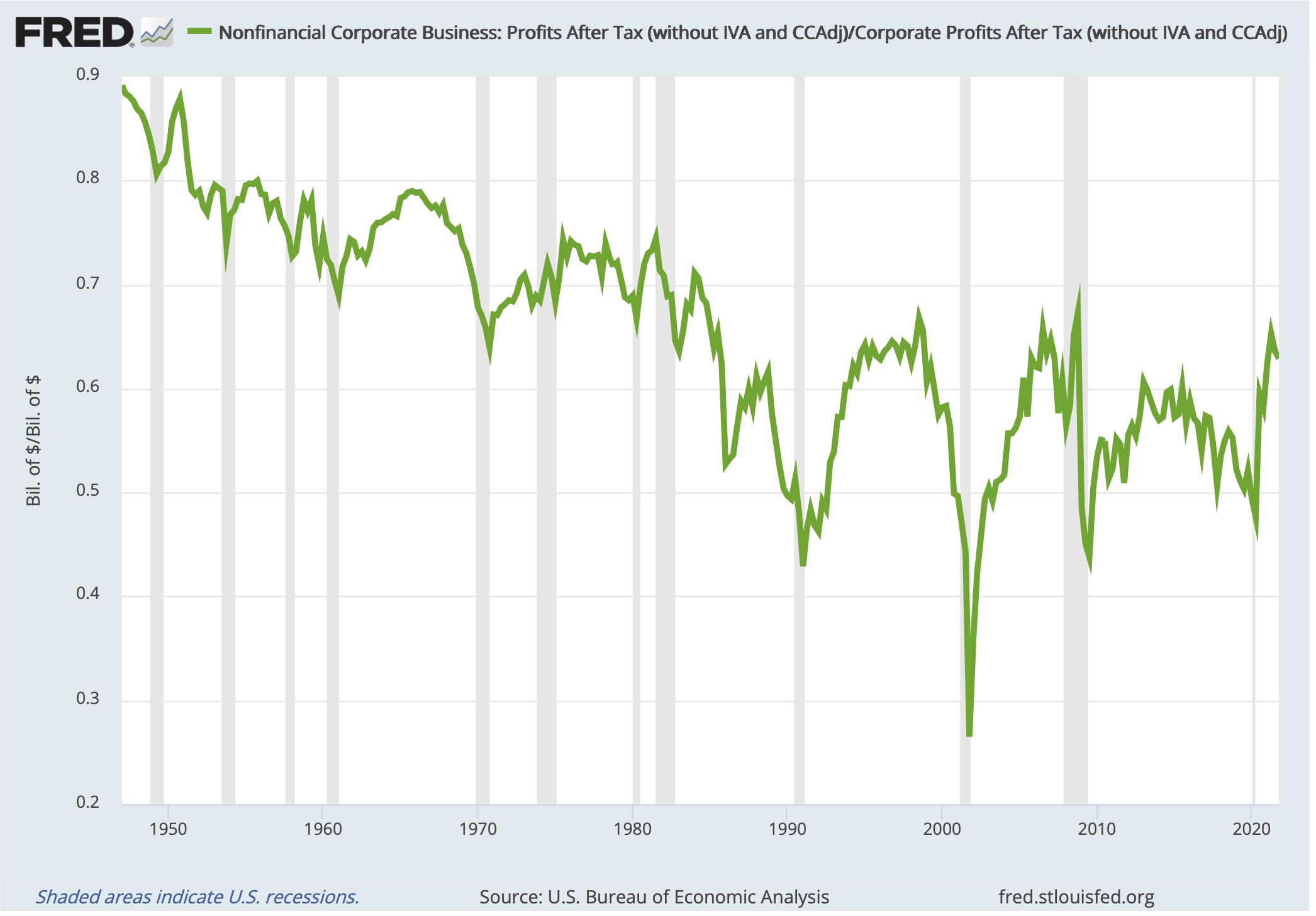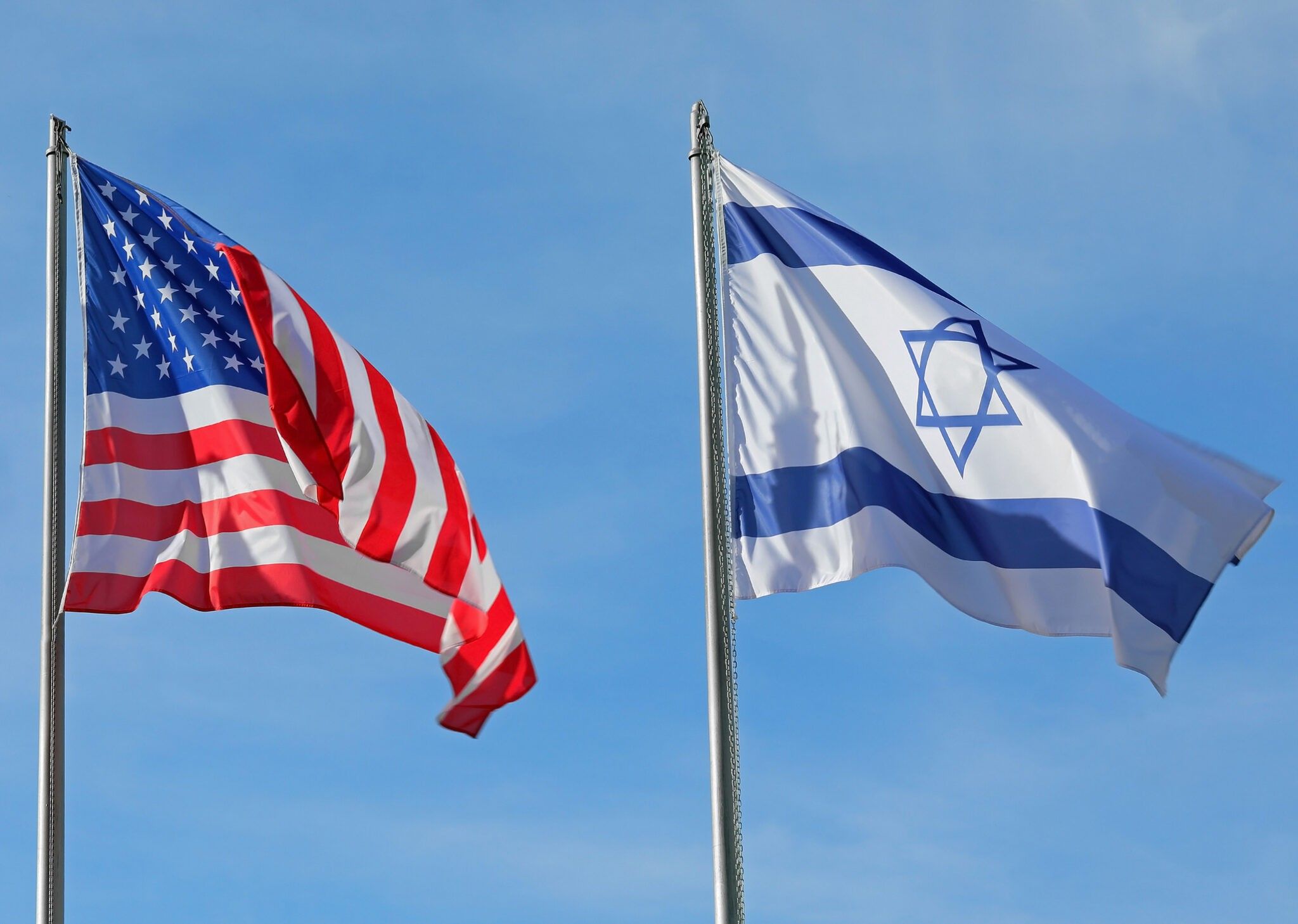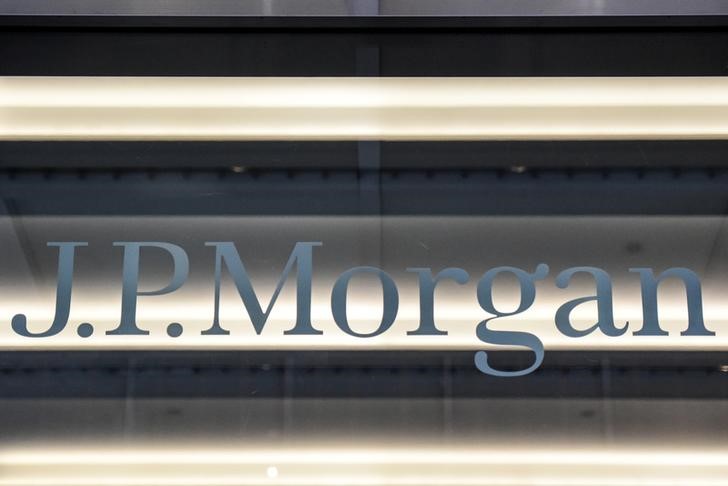As comebacks go, Luiz Inácio Lula da Silva’s return to the Brazilian presidency is the stuff of legend. He reclaimed the office over a decade after he had stepped down and three years after corruption charges against him were dismissed. Lula had already spent more than a year in prison by then — enough for him to compare himself on the campaign trail to other famous political prisoners like Mahatma Gandhi and Nelson Mandela.
Lula’s return to power in the most populous and largest country in Latin America was based on a platform combining the protection of democracy and of the environment as well as the promotion of social justice. This represents almost exactly the opposite of everything that his right-wing opponent and incumbent Jair Bolsonaro stands for. In his time in power, the latter had ignored democratic norms and undermined institutions such as the Supreme Court as well as spread fake news and cultivated the military by appointing thousands of military personnel to government positions. Bolsonaro also presided over an unprecedented scale of destruction of the Amazon forests as well as a massively mismanaged response to covid.
You might also like
Three next-gen Tatas put on a Tata trust board
So, what’s the big deal about the blue tick anyway?
FY24 capex goal may be raised to ₹10 trillion
How Bengaluru airport is bridging the gap with Delhi, Mumbai
Lula’s margin of victory is narrow; he defeated Bolsonaro 50.9% to 49.1%. And in this tiny margin also lies the danger for Lula and the broader left movement in the region of which he is an icon. Bolsonaro — Brazil’s version of former US president Donald Trump — has so far not accepted the verdict and had made claims of political fraud even before the latest run-off. Brazil is not too far removed from a history of military dictatorship or of political violence that Bolsonaro’s disaffection and threat can be ignored. The January 6th insurrection in Washington DC shows that even an old and far more institutionalized democracy like the US can suffer from breakdowns.
It is clear that his loss does not signify the end of the Bolsonaro moment in Brazil any more than Joe Biden’s victory in the 2020 US presidential elections marked the end of Trump’s brand of politics. Brazilian society — like American society — is marred by increasing political polarization. 25% of the Brazilian electorate are now so radicalized that they vote for either the far-right or the far-left in the political field and the present campaign itself saw heavy vitriol on both sides.
For ordinary Indians, such upheaval and polarization in two major democracies in the Western Hemisphere might seem a distant concern but their government cannot ignore these entirely in an age marked by the rise of China’s global economic and political influence. Despite their differences, Bolsonaro and Lula have both been open to greater economic engagement with China. Distance perhaps allows for a certain lulling of any Brazilian sense of threat from China. However, its position in such groupings as BRICS and the G-20 give Brazil a weight such that any willingness to stay neutral on China, or worse, too enthusiastic a support for China’s international role can directly affect Indian interests.
For Brazil, China is far and away its most important trading partner, bigger than even the US. India, by comparison, has little leverage with Brazil. In 2021, Brazil imported US$53.46 billion worth of goods from China and US$7.23 billion from India while its exports to China stood at US$88 billion and to India only at about US$4.8 billion. Lula’s victory in Brazil should be an occasion for the Indian foreign policy establishment to find institutional mechanisms to give the economic relationship greater ballast.
The BRICS grouping is unlikely to provide such a mechanism. In fact, New Delhi needs to revisit the entire project which appears to have too little substance and too limited a role in international politics except to provide cover for China’s anti-Western agenda. Instead, India should, if it is serious about democracy and such urgent global challenges as climate change, channel Lula’s emphasis on these issues and seek to revive and privilege the IBSA (India-Brazil-South Africa) trilateral over BRICS.
Elsewhere in Mint
In Opinion, Vivek Kaul tells how to rid the GDP of male chauvinism. Niranjan Rajadhyaksha writes on why inflation takes longer to go down. Arpita Mukherjee & Eshana Mukherjee explain why we have not gained from our FTAs. Long Story exposes an accounting twist that just erases emissions.
Download The Mint News App to get Daily Market Updates.
More
Less















